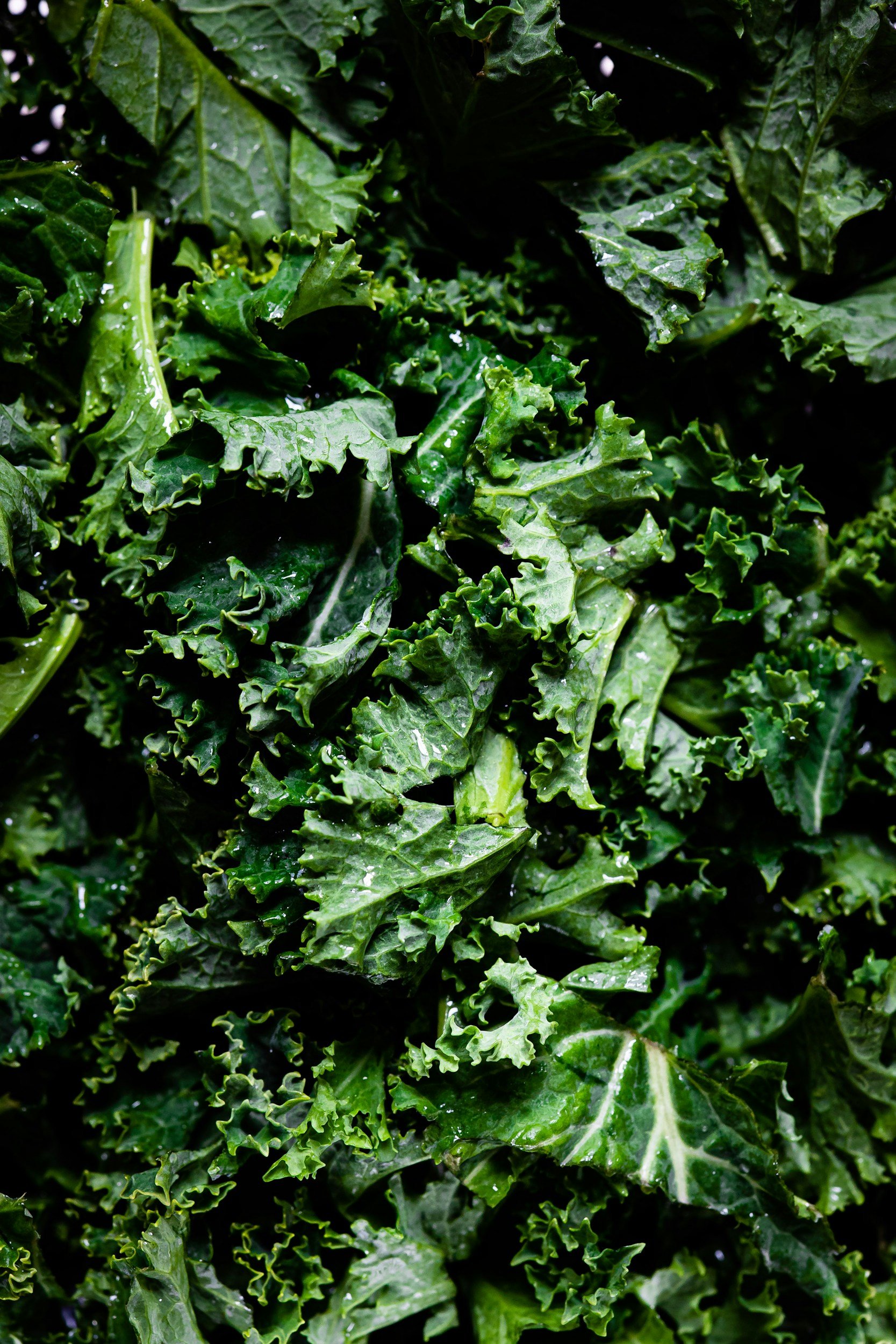NUTRITIOUS MEALS
MADE FOR KIDS
Your Nutrition Partner
Beyond Green Partners is a Chicago-based school food provider specializing in scratch-cooked meals. We provide quality meals and snacks to schools and childcare centers.
-

Kid Focused Meals
Our nourishing menus are designed to appeal to kids.
-

Chef Driven Menu
At least 95% of our menu is scratch-made with organic,local ingredients.
-

Dietitian Approved
Our in-house, full-time dietitian reviews and approves all menus.
-

Delivered to You
Our fresh food is delivered safely, reliably, and on time.
Beyond the Kitchen
Getting kids to eat healthy can be tough. We are here to help. In addition to providing scratch-cooked meals that kids want to eat, we support educators and caregivers with educational resources, recipes, and more.
What Our Customers Say

Our farm to school consulting and coaching services offered through our non-profit organization - Sustainable Food Institute of America - guide institutional kitchens in the transition to more scratch-cooking and local procurement. We focus on incremental, cost-effective strategies that increase quality and operational efficiencies.




